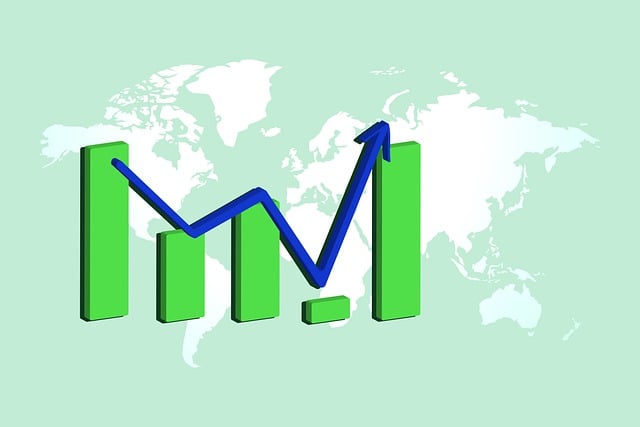
Commodity Trading: Getting Started with an Advantage
Trading in commodities can be risky, but the potential leverage here can be well worth it for a trader who knows the market. That being said, commodity trading does have a steep learning curve for new traders. However, there are ways for them to flatten that learning curve a bit and get ahead of the competition. We are going to discuss a few steps, tips, and tools next, which could potentially give you an advantage right from the start.
Find, Target, and Track a Limited Market
Finding the right markets to target and track is a core requirement for commodity traders, but new traders should be restrictive in their approach to the process. By keeping their target market deliberately small at first, they will:
- Learn the trade and gain experience in commodity trading without risking hefty market investments and unmanageable financial losses.
- Be able to capitalize on market volatilities with greater control and alacrity over curated data feeds.
- Gain expertise and experience in specific commodity markets.
- Find it easier to balance their portfolio.
It’s best to treat the initial ventures as testing grounds, so that you can learn and grow at your own pace as a trader. It allows for the creation of a solid trading foundation. By the time you are ready to expand further into the commodity market, you will no longer approach it as a beginner.
Gain Access to Key Market Analytics and Insights
Every trader needs access to market data, but you will need more than generally available, unstructured market information from random sources to gain an advantage in this highly competitive segment. The most successful traders only rely on organized market analytics reports, insights, and data-driven market trend predictions from verified industry experts. Take a look at this energy sector analysis report as a sample of what comprehensive commodity reports should look like, as well as why they provide traders with an edge in the market.
Familiarize Yourself with Trading Bots
Trading bots are versatile software tools for automating trades, which function based on preprogrammed parameters and conditions. They automatically respond to price changes and execute trade orders accordingly, provided that the preprogrammed thresholds are reached. Trading bots will provide you with some distinct advantages in both the implementation and the execution of your various trading strategies across the various commodity markets.
Many of the potential advantages will depend on how well a trader is prepared to use their trading bots in beneficial strategies, but it cannot be denied that even a moderate understanding of trading bots can make a big difference. At the very least, the automation features allow traders to complete several trades at once with virtually no delay in between. This considerably improves your chances of making greater profits from your investments in the commodity market, while lowering your chances of suffering heavy losses.
As automated software tools, they are always there to capitalize on market changes based on your preset parameters, even when you cannot be there to make decisions personally. Until you are ready to create your own bot strategies, just tweak one of the several available logic sets to meet your parameters. If the trader doesn’t end up setting contradictory trading parameters, bots also remove the human error factor altogether.
Pay Attention to the Trading Platform
You will need an account on a verified trading platform to trade online. You can open and use multiple accounts on various platforms to trade in commodities, but it’s not recommended. It is better to sort through your options and find one that suits you best early on. In case you have traded in stocks, forex, crypto, or any other assets before, check to see if the platform supports commodity trading as well. If it does, then you will be able to skip a lot of steps and time that would otherwise be used up in getting used to a new trading interface. If not, look for a commodity trading platform with features such as:
- The option to switch between a beginner-friendly interface and a professional trading interface.
- The ability to customize interface options, so that they best suit your requirements.
- Smartphone and tablet support (browser/app) for trading on-the-go.
- Access to important trading tools for charting, tracking, alerting, and forecasting market trends.
Traders should also consider the pros and cons of their chosen platform’s fee structure, or lack thereof. It’s true that many of the trading platforms will not charge you for trading anymore, but you should understand what that means first before committing.
Platforms that do not charge a fee typically generate higher profits than those that do. They generate their revenue from payments for order flow (PFOF) routing. If you are a professional high-volume trader, you may want to find a platform with a subscription model instead, because PFOF does introduce a small delay between execution and completion of a trade order.








